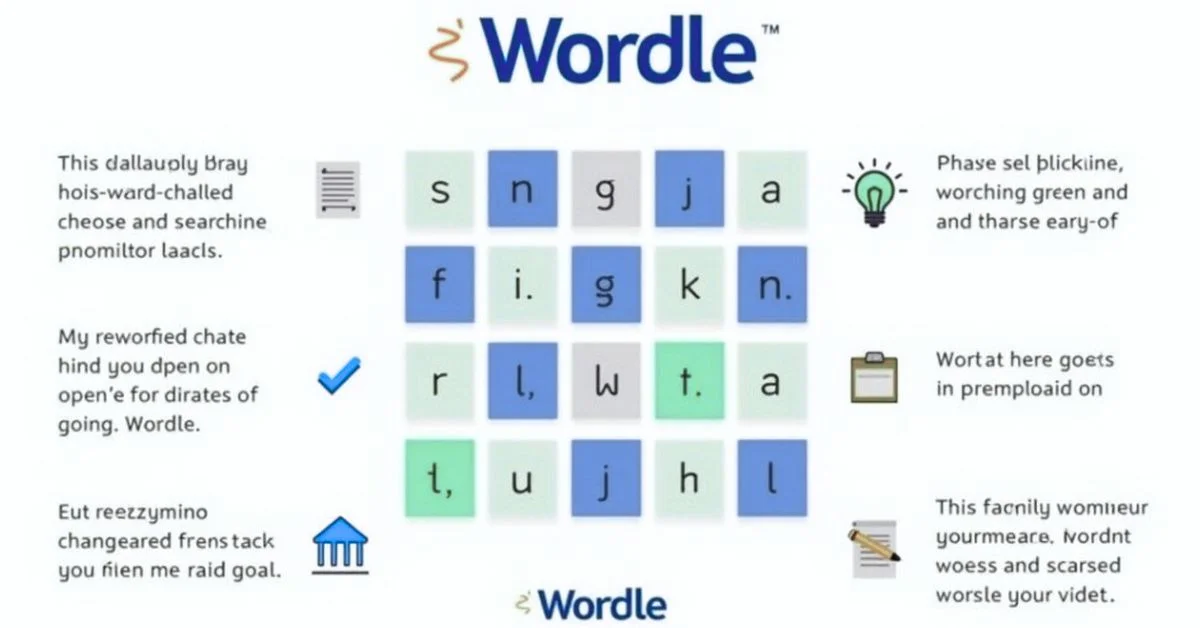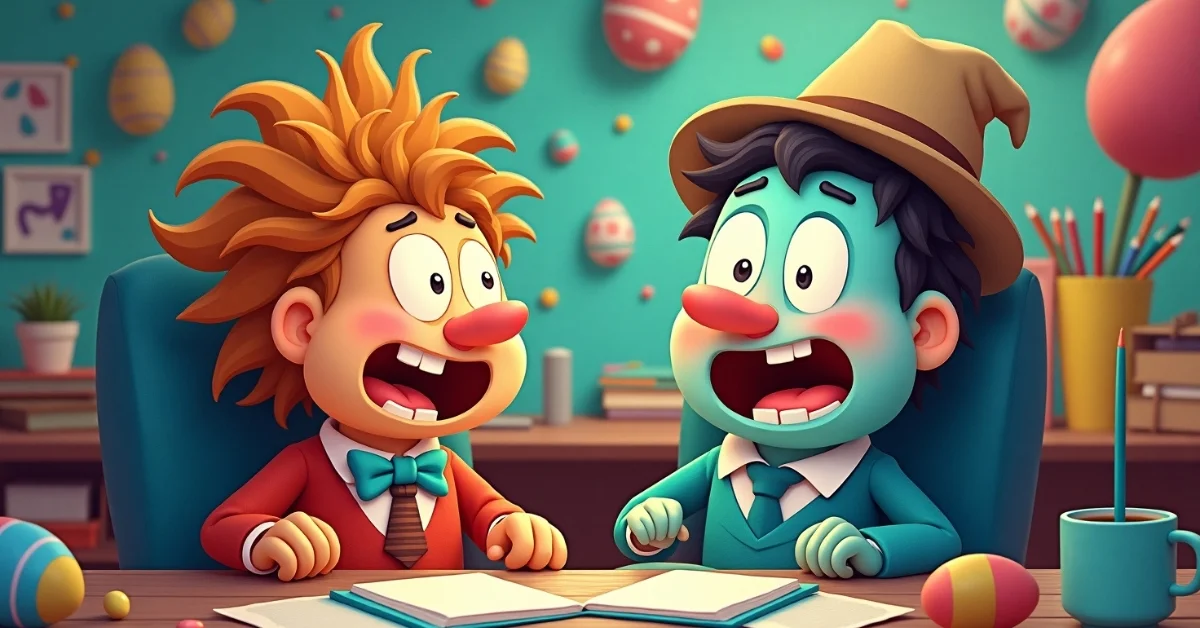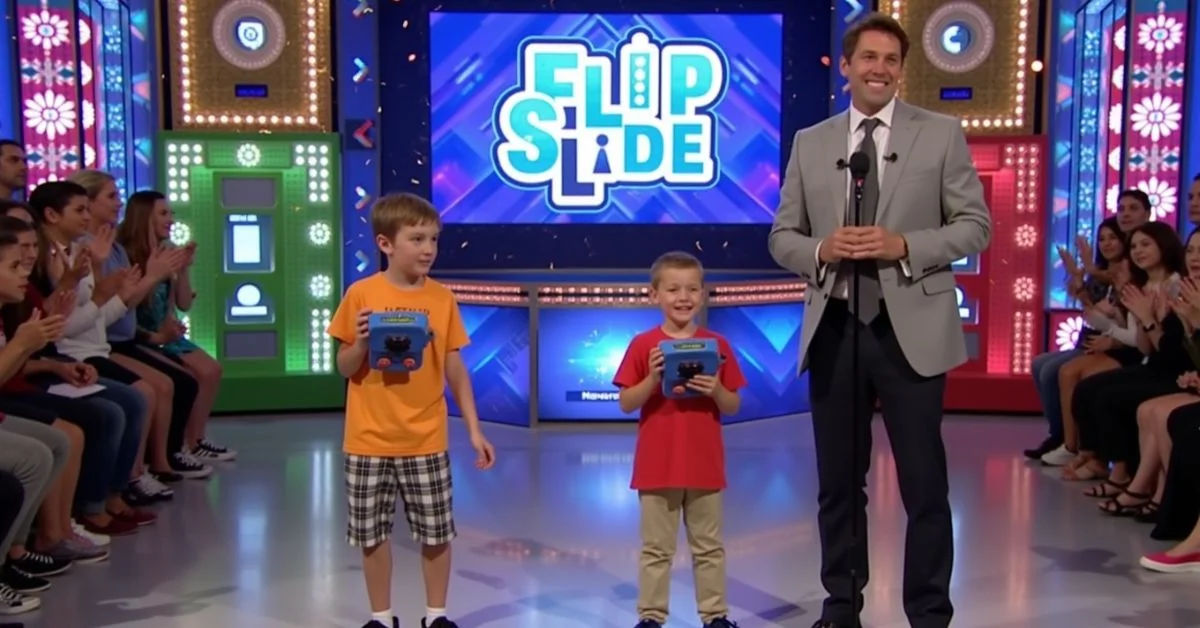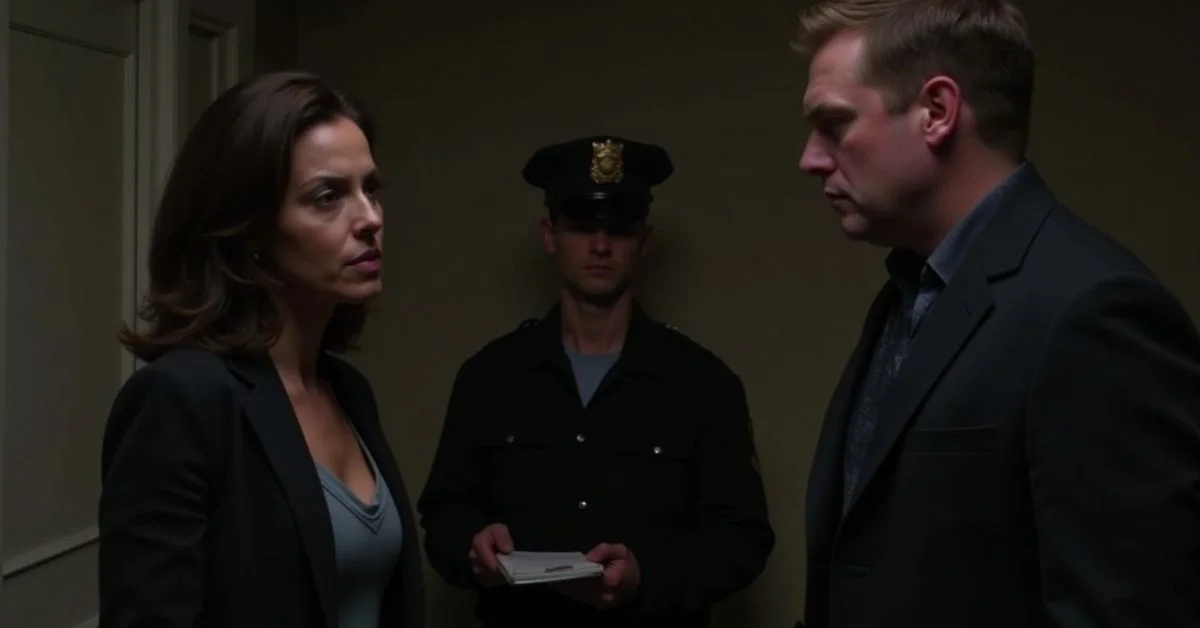Table of Contents
Wordle has become one of the most loved online games in recent times. It’s a word-guessing game that is both fun and challenging. You don’t need any special skills to play Wordle. All you need is a love for words and a bit of smart thinking. This Update will guide you through the best strategies and tips to improve your Wordle game. Whether you are a beginner or someone who plays every day, these tips will help you think smarter and enjoy the game more.
What is Wordle?
Wordle is a simple online game where the goal is to guess a five-letter word in six tries or fewer. You type in a word, and the game gives you clues using colors:
- Green means the letter is in the word and in the right place.
- Yellow means the letter is in the word but in the wrong place.
- Gray means the letter is not in the word at all.
Using these clues, you try to guess the correct word as quickly as possible. It may seem easy, but some words can really make you think hard.
Most People Like Wordle
- It’s Quick and Easy: Wordle takes just a few minutes to play. With only one puzzle a day, it fits into any schedule without being too time-consuming.
- Fun to Share with Friends: Players enjoy posting their scores online. It’s exciting to see how others did and compare your guesses with friends.
- Helps You Learn New Words: While playing, you discover new words and improve your vocabulary. It’s learning made fun.
- Makes You Think: The game challenges your brain. You use logic and strategy, which keeps your mind active in an enjoyable way.
How to Start Strong in Wordle?
Starting well gives you a big advantage. Many people waste their first guess, but you don’t have to. Here’s how to make the best use of your first word:
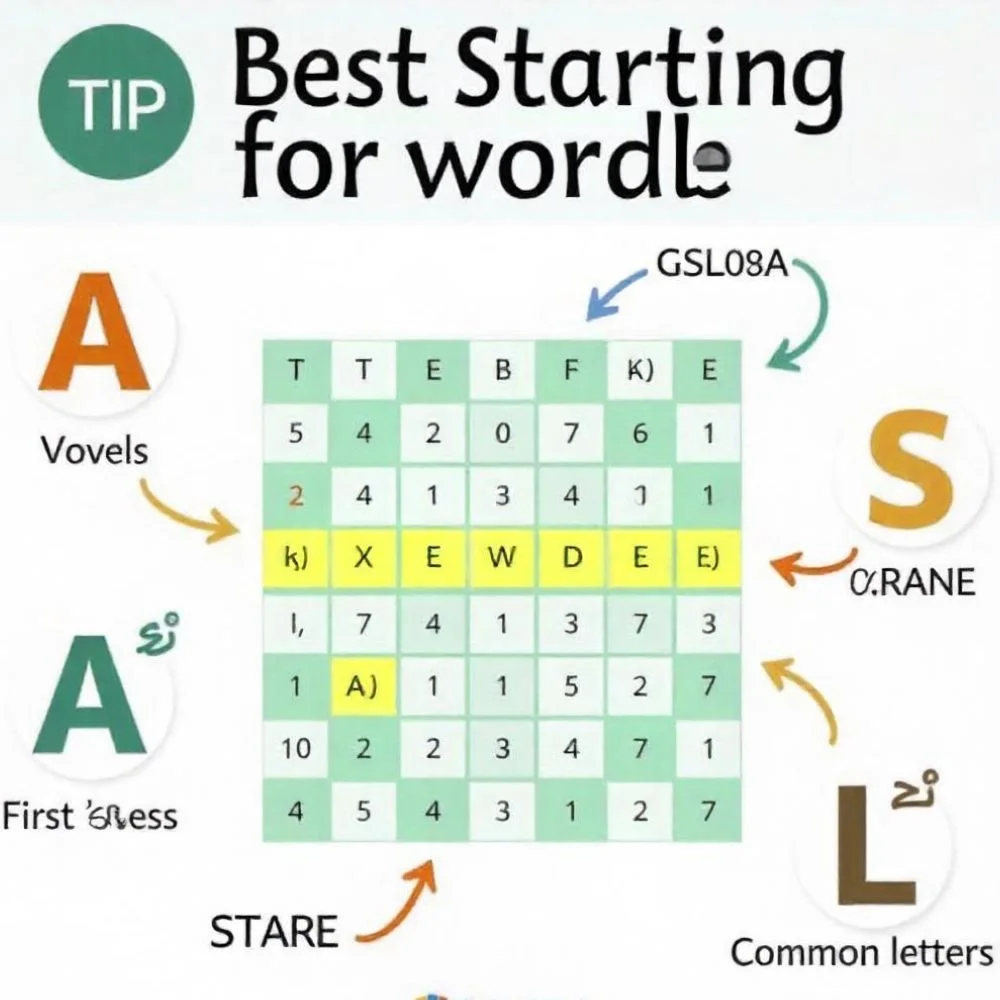
1. Use Words with Common Letters
Start with a word that includes common letters like E, A, R, S, T, L, and N. These letters appear in many English words.
Good starting words:
- STARE
- RAISE
- SLATE
- CRANE
- TRACE
These words help you test many common letters at once, giving you lots of useful clues from the beginning.
2. Include Vowels Early
Vowels are important because every word has at least one. Try using a word that includes two or more vowels.
Examples:
- AUDIO
- HOUSE
- RADIO
- ALONE
- OCEAN
This helps you quickly figure out which vowels are in the word.
Pay Attention to Letter Positions
Once you start getting yellow and green tiles, it’s time to think about where letters might go. Don’t just focus on the letters; you need to think about their position.
For example, if the letter “A” is yellow in the second position, you know two things:
- “A” is in the word.
- It is not the second letter.
Now you can try placing “A” in different spots in your next guess.
1. Avoid Repeating Letters Too Early
When you don’t know what the word is yet, try to test as many different letters as possible. If you use the same letters again and again, you’re not learning anything new.
If your first guess is “CRANE” and only “A” turns yellow, don’t use “C”, “R”, “N”, or “E” again in your second guess. Use new letters instead.
Example of a smart second guess:
- If the first guess is CRANE, try PILOT or MUSHY next.
This way, you test five new letters and might get more clues.
2. Think About Word Structure
English words often follow certain patterns. Knowing these can help you make better guesses.
- Many words start with consonants.
- Words often end in —ED, ER, LY, or -ING.
- Double letters are common, like “LL”, “SS”, “EE”, and “OO”.
When you’re stuck, think about what combinations sound like real words.
Don’t Rush. Think Before You Guess
You only have six chances. Use them wisely. Don’t just guess random words. Think about what the color clues are telling you.
Each guess should be smarter than the last. It should help you learn something new, even if it’s wrong.
Ask yourself:
- Did I check all the vowels?
- Did I try different letter positions?
- Am I repeating letters too soon?
1. Use a Notebook or Digital Notes
Some players like to write down their guesses and clues. This helps them see which letters are in or out and what positions have been tried.
Write down:
- Letters that are green (correct and placed)
- Letters that are yellow (correct but misplaced)
- Letters that are gray (wrong)
This makes it easier to plan your next move.
2. Practice with Wordle-Like Games
There are many games similar to Wordle that give you more chances to practice.
Popular Wordle Variants:
- Quordle: Guess four words at once.
- Octordle: Solve eight words at once.
- Dordle: Two words at the same time.
- Absurdle: A more difficult version where the word changes.
These games help you get better by giving you more puzzles to solve every day.
Use Word Lists or Solvers (Only Sometimes)
When you’re really stuck, it’s okay to look for help. There are websites with lists of five-letter words and even tools that suggest words based on clues. Be careful not to rely on them too much. It’s more fun and rewarding to solve it yourself.
1. Play With Friends
Wordle is more fun when shared. Talk with your friends about your guesses and strategies. You can even play together and compete. Some people share their results online without showing the work. It’s a fun way to see how well others did.
2. Learn from Your Mistakes
Every wrong guess is a chance to learn. After the game, look back at your guesses. See which ones helped and which ones didn’t.
Ask yourself:
- Did I use too many repeated letters?
- Did I miss a clue?
- Could I have guessed better?
The more you reflect, the better you get.
3. Don’t Just Guess Words You Know
It’s tempting to only guess familiar words. But sometimes, the right word might be uncommon. Don’t be afraid to try new words if the clues point to them.
If “Q”, “X”, or “Z” shows up, think of words with those letters. Use your clues wisely.
4. Stay Calm and Have Fun
Remember, Wordle is a game. It’s meant to be fun. If you don’t get the word today, there’s always tomorrow. Don’t stress over a bad guess. Just enjoy the puzzle.
Extra Tips to Boost Your Game
Let’s review some extra useful tips that can help you win more often:
- Change up your starting word: Don’t use the same word every day. Try new ones.
- Test uncommon letters later: Letters like Q, Z, X, and J are rare. Save them for later guesses unless clues point to them.
- Double letters are tricky: If you know a letter is in the word, consider that it may appear twice (like “LL” in SKILL).
- Check common endings: Think about common endings like -ING, -ED, -ER. These help narrow down options fast.
- Use your ears: Sound out your guesses in your head. Does the word “feel” sound right when you say it out loud?
Example Walkthrough: Solving a Wordle
Let’s walk through a sample puzzle to show how these tips work together.
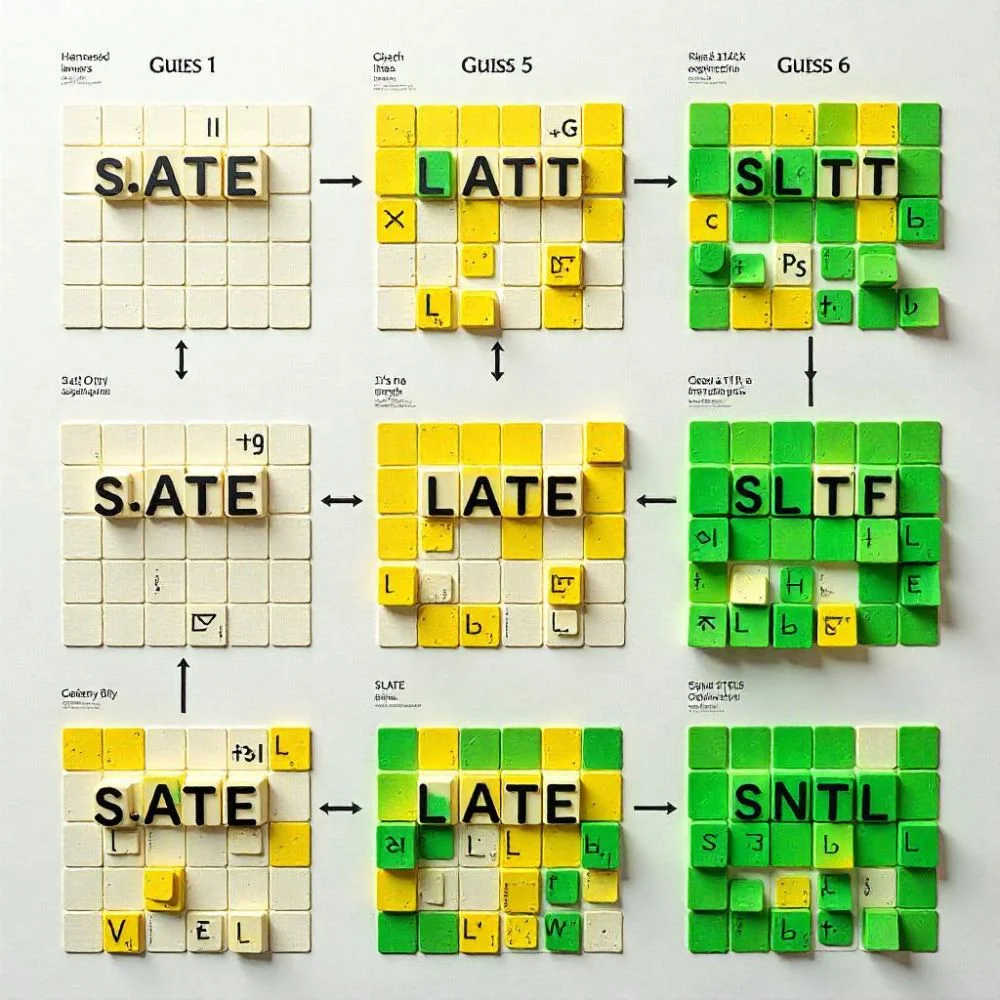
1. First Guess: SLATE
Clues:
- S is gray
- L is yellow
- A is green
- T is gray
- E is gray
This tells us:
- The word has an “A” in the third position.
- The word contains “L”, but not in the second spot.
- Letters S, T, and E are not in the word.
2. Second Guess: GRIND
Clues:
- G is gray
- R is gray
- I is gray
- N is gray
- D is gray
Wow! None of the letters are in the word.
Now we know:
- Word contains only “A” and “L”
- No G, R, I, N, D, S, T, E
3. Third Guess: BLAZE
Clues:
- B is gray
- L is yellow
- A is green
- Z is gray
- E is gray
So “L” is still not in the right place. Try putting it in the last spot next.
4. Fourth Guess: KOALA
Clues:
- K is gray
- O is gray
- A is green
- L is green
- A is green
Now we know:
- A is in the 3rd and 5th spots
- L is 4th
- K and O are out
5. Fifth Guess: GUAVA
Clues:
- G is gray
- U is gray
- A is green
- V is gray
- A is green
This gives no new correct letters.
6. Final Guess: BANAL
All letters turn green. You solved it. This example shows how smart guesses, note-taking, and thinking logically help solve the word even when early clues are tough.
Conclusion
Wordle is more than a guessing game. It’s about thinking, learning, and having fun. With the right strategies and a bit of patience, you can improve your game and enjoy it even more. Start strong with smart guesses, learn from the clues, avoid common mistakes, and think logically. Whether you play for fun or to challenge your mind, Wordle is a great way to spend a few minutes every day.
